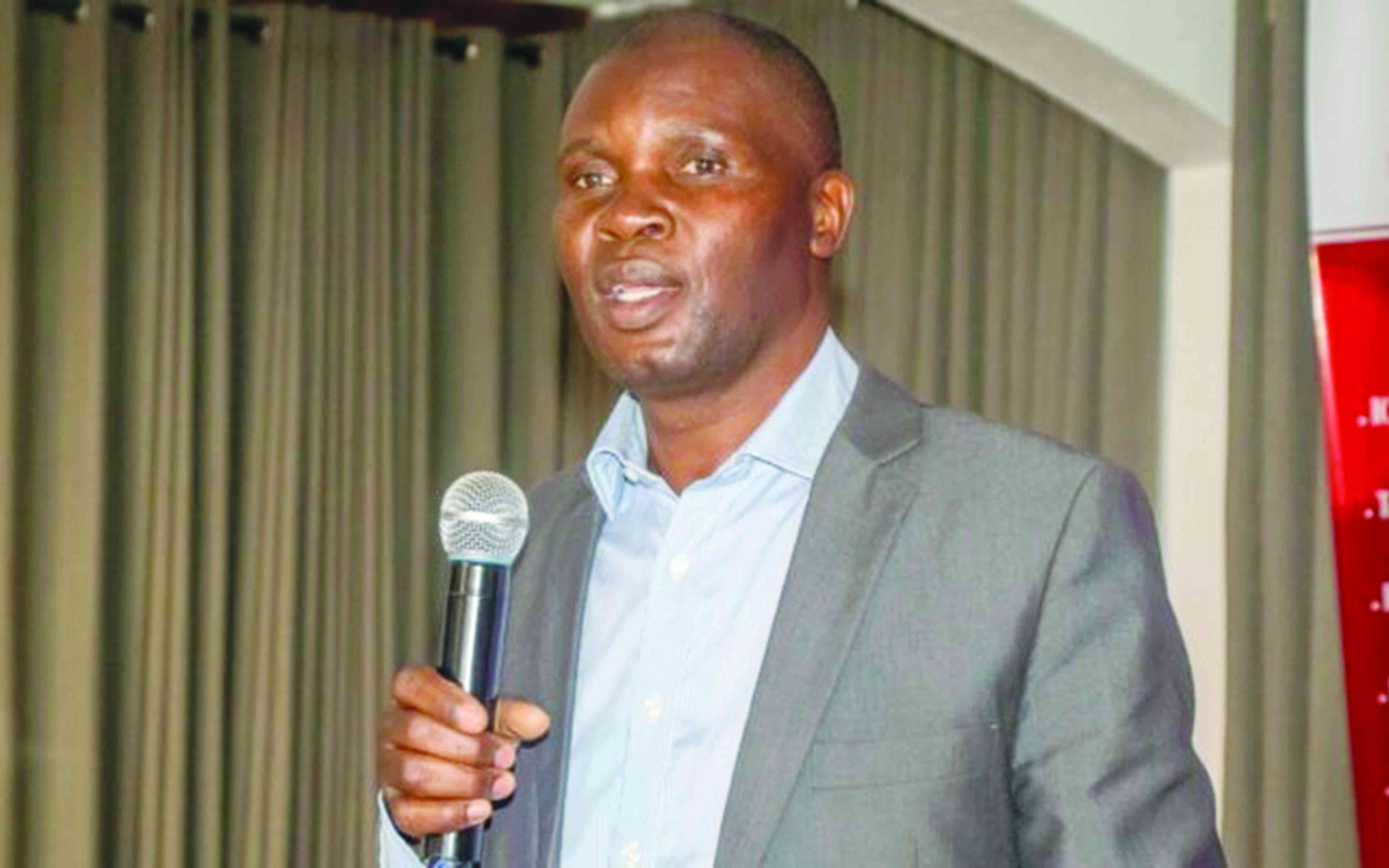
Persistent and widespread blackouts are plaguing countries across Africa, crippling economies and dimming prospects for millions.
Indeed, this chronic energy crisis, however, is now driving an urgent continent wide push towards renewable energy sources as nations seek sustainable solutions to long standing power woes.
Unreliable power grids cost African nations billions annually in lost productivity, damaged equipment, and the high expense of alternative power sources like diesel generators.
Every day, from the bustling streets of Lagos to the remote villages of the Sahel, lights flicker and die. South Africa, for instance, the continent’s most industrialised economy, has endured unprecedented load shedding scheduled power cuts for years, severely impacting economic growth and social stability. Similarly, Nigeria faces persistent grid collapses, leaving its massive population in darkness for extended periods.
“The current energy paradigm is unsustainable and, frankly, a major obstacle to Africa’s development,” states Kwesi Mensah, an energy policy expert at the African Climate Foundation.
“Our reliance on fossil fuels not only exacerbates climate change but also traps us in a cycle of price volatility and infrastructure vulnerability. The solution, quite literally, shines down on us every day.”
Indeed, Africa boasts immense renewable energy potential, from abundant solar radiation and vast wind resources along its coasts and high plateaus, to significant geothermal reserves in the East African Rift Valley, and substantial hydropower opportunities.
Advocates argue that a rapid transition to renewables is not merely an environmental imperative, but also an economic and social one. Specifically, a rapid transition to renewables offers several key advantages:
- Zimbabwe offers limitless opportunities to investors in the renewable energy sector: Zera
- Zimbabwe offers limitless opportunities to investors in the renewable energy sector: Zera
- WhatsApp to enable messaging in internet blackouts
- Feature: Zim looks to public to provide solar power amid energy crisis
Keep Reading
- Enhanced energy security: By harnessing indigenous clean energy sources, African nations can reduce reliance on imported fossil fuels, thereby shielding economies from global price shocks and geopolitical instabilities;
- Job creation and economic diversification: Furthermore, the development, installation, and maintenance of solar, wind, and geothermal projects promise to create a significant number of green jobs, fostering local expertise and diversifying economies;
- Decentralised electrification: Crucially, renewable energy, particularly solar, offers the flexibility of decentralised mini-grids and off-grid solutions. These are vital for electrifying rural areas often overlooked by conventional grid expansion, bringing power to essential services like schools and clinics, and transforming lives; and
- Climate resilience: Beyond these immediate benefits, investing in renewables aligns with global climate goals and enhances Africa’s resilience to the disproportionate impacts of climate change.
However, the path to a renewable-powered Africa is not without its hurdles. Significant upfront investment, robust policy frameworks, comprehensive grid modernisation, and substantial capacity building are essential.
Despite these challenges, African governments, international development banks, and private investors are increasingly recognising the imperative for change.
Initiatives like the African Renewable Energy Initiative are working to accelerate this transition, though faster, broader progress is still needed.
“The call for renewable energy is no longer just a whisper from environmentalists; it is a resounding roar from businesses, hospitals, and homes struggling to function without reliable power,” states Amina Hassan, a clean energy entrepreneur in Kenya, where geothermal and wind power are already significant contributors to the national grid.
“We have the resources. We have the need. Now, we must find the political will and the investment to unlock Africa’s bright, clean energy future.”
The urgency of this transition is starkly illustrated by Zimbabwe’s escalating energy crisis. The southern African nation is battling crippling blackouts, lasting up to 18 hours daily, which have brought homes and businesses to a grinding halt.
This severe predicament stems from a long-standing over reliance on hydropower, which has been exacerbated by a severe drought that has left Lake Kariba — power source for the largest hydroelectric plant — with critically low water levels. Consequently, power utility Zesa is forced to enforce strict generation limits.
Beyond the immediate drought, energy policy analyst Tafadzwa Moyo, point to deeper systemic issues.
“This crisis is a culmination of years of underinvestment in new generation capacity, aging infrastructure, and an over reliance on a volatile energy mix,” he explains, noting the frequent breakdowns of old thermal power plants like Hwange.
For small business owners, the impact is devastating. Many are now spending more money on fuel for generators than their businesses generate. The majority are operating below the profit margin, and most have faced closure. The situation in Zimbabwe thus underscores how climate change amplifies energy vulnerabilities, making diversification imperative for national resilience.
In response to the crisis, the Zimbabwean government has acknowledged its severity and articulated plans to fast track independent power producer projects, particularly in solar. However, progress has been slow, often hampered by bureaucratic hurdles, financing challenges, and a perceived lack of urgency until now.
Energy minister Zhemu Soda recently assured the public that efforts are underway to secure additional power imports and expedite local generation projects. Nevertheless, many remain sceptical, pointing to a history of unfulfilled promises and persistent 18-hour daily blackouts.
As Zimbabwe grapples with its worst power crisis in years, the urgency to pivot towards a sustainable energy future has never been clearer. The sun, currently a symbol of the drought, now stands as the most promising beacon for a brighter, more electrified future for the nation. The question remains whether the country can seize this opportunity to transform its energy landscape and secure a reliable future for its citizens.
Against this backdrop of darkness, a chorus of voices is advocating for a rapid and decisive shift to renewable energy. Zimbabwe boasts abundant solar resources, with an average of 3 000 sunshine hours per year, making it an ideal candidate for large scale solar power generation.
“The sun is our most reliable and untapped resource,” stated Kudzai Mutasa, head of a local renewable energy advocacy group.
“We have the potential to become a regional leader in solar energy, but we need political will, streamlined regulatory frameworks, and attractive investment incentives. Every day we delay, the cost to our economy and our people grows.”
Proponents argue that renewables offer a sustainable, reliable, and ultimately more affordable solution, reducing reliance on volatile fossil fuel prices and unpredictable rainfall. Additionally, there is also untapped potential for wind and mini-hydro projects in certain regions.
Beyond the immediate energy security challenges highlighted by Zimbabwe's crisis, the broader imperative for a renewable energy transition is deeply intertwined with global climate change concerns. Globally, the impacts of climate change, driven largely by industrial activities and fossil fuel consumption, are becoming increasingly apparent.
This has amplified calls from experts and environmental advocates for an urgent worldwide transition to a green economy. For countries like Zimbabwe, this means confronting alarming greenhouse gas emission statistics and the existential threat of global warming, which disproportionately affects developing nations.
As Tinashe Moyo, another environmental scientist at the University of Zimbabwe, highlights: “In Zimbabwe, coal remains a significant source of energy, contributing to global warming and significantly impacting the health and environment of local communities.”
Thus, considering both the urgent domestic needs and global climate imperatives, Africa’s widespread power crisis, while challenging, presents a powerful impetus for a transformative shift towards renewable energy.
The continent’s abundant natural resources, coupled with the urgent need for energy security and climate resilience, position it at the forefront of a potential green energy revolution, offering a brighter future for its citizens and its economies.
- Nyawo is a development practitioner, writer and public speaker. These weekly New Perspectives articles, published in the Zimbabwe Independent, are coordinated by Lovemore Kadenge, an independent consultant, managing consultant of Zawale Consultants (Pvt) Ltd, past president of the Zimbabwe Economics Society and past president of the Chartered Governance & Accountancy Institute in Zimbabwe. — kadenge. [email protected] or +263 772 382 852.











